Gregory Jones: It took me a long time to come around to the notion of teaching others to do what I do for a living. When did you decide you wanted to teach acting as well as act professionally?
Adrianne Krstansky: I come from a long line of teachers on my mother's side, so I wasn't going to be a teacher. That was the last thing I was ever going to do! And then, when I was in graduate school at the University of California San Diego, part of our stipend was to teach the beginning acting class. I went in there the first couple of classes, and I thought “Oh crap, I really love this!” I was really upset that it felt… not easy, but natural. It felt authentic to me. With teaching, I could stop thinking about myself. I could be of service, and I could keep learning about acting.
My mother was a pianist who spent most of her career teaching in the Chicago Public Schools. I saw a certain level of frustration in her, which was related to not being able to completely pursue music and be this artist she wanted to become. I think there was a part of her that always resented teaching.
She was working in really underfunded schools with cuts to all the arts programming. So there was always this idea, too, that if you're gonna teach in the arts, well, it’s always gonna be this battle. You have to justify why you're in the room, why this is important to the institution, and why students need to be learning this even if they're not going to be actors. My mother felt this constant institutional pressure, so she was always in the teachers’ union, always on the phone yelling and trying to make something happen. It's so hard.
Gregory: As former chair of your department, do you find you still have to fight that battle of justifying why the programs exist?
Adrianne: There's a dreaded phrase in our department called “learning goals.” The purpose of a learning goal, in an academic sense, is honestly quite helpful and benign. For example, learning goals can be categorized under quantitative skills, communication skills, and contextual understanding. However, my experience of teaching theatre and being a theatre student is that it can take a very long time to metabolize and integrate what you discover in an acting class—even if it is skill-based—because the learning is emotional, physical, intellectual, and in some sense, spiritual. I’m about to lead a committee to redo our learning goals, and I'm sorry, I'm being kind of cranky about it. The institutional pressure on learning goals comes from the larger trends… According to an article from the Atlantic, the humanities and the arts are in a crisis in liberal arts schools. They're being cut left and right.
Gregory: You probably saw “The End of the English Major” in the New Yorker. Every humanities major in higher education is shrinking. Students pick majors because they need to justify their degree and have some sort of vocational hopes. Money, the parental pressure, and then, of course, the cultural pressure…
Adrianne: We've spent a long time trying to justify why people should major in the arts or in theatre in particular. We’re trying to translate and justify our existence in the way that sciences do not have to.
But to your question, there is tremendous pressure in universities to understand what is “deliverable,” in a broad sense, from a theatre major. The university is saying, “Justify this like you would justify a chemistry major, a business major, or an engineering degree.”
Even though you write learning goals saying, “You’re gonna have a working knowledge of Stanislavski and Meisner,” most of the students who are undergraduates looking at your website don't know who Stanislavski and Meisner are. They don't really care about theatre history and a working knowledge of the methodologies. They care about soft skills and community engagement, or theatre that is programmed to amplify the life stories of a particular community so that the needs of a community drive and inspire the artistry. They’re asking: does it have an element of social justice? How will it help me succeed in the world that is capitalist, fast-paced, uncertain? How will it help me communicate better?
Gregory: Then it's essentially a marketing thing, right? You and your department have to think, “How do we put a face on this that looks as hopeful as possible for the young person who wants to make sure they have a job after college, but also wants to do good in the world?” Because, luckily, that's important for this generation.
Adrianne: Yes.
Gregory: And community engagement, that’s also very new to me. That wasn't emphasized when I was going to acting school.
I am experiencing a profound shift in purpose from my students. They have professional aspirations, but they also have a commitment to anti-racist and consent-based practices.
Adrianne: Yeah. If the academic community is working together on it, it can provide a vision and a mission. It helps with who you bring in as teachers and guest artists. This side of it is really quite wonderful if it's driven by the group of people in the department, not by a larger mandate from the university that comes with the pressure to have a certain vocabulary or spin on how we sell this.
A peer at another college just did a total revision of every one of her course titles in this vein, and I'm being really cynical about it. They softened and widened the language. This revision makes the classes sound less like acting classes and more like “creativity classes”—classes in presence, awareness, and using your authentic voice. You could look at an acting class on the school’s website and think, Wow! This class is about trust and ensemble and collaboration. I’m going to take it. Though that class may actually be a scene study class.
Maybe the more benevolent way to talk about it is to say that it's translation. My teaching peer is trying to translate what the actual felt experience of the class could be, rather than say, “You’re going to learn about this technique or that method.”
Gregory: And just so I understand your point of view, you’ve been a proponent of diversity, equity, and inclusion (DEI) and using the tools of acting to help non-majors find their authentic voices for decades. You’ve participated in several DEI training programs at Brandeis and with Nicole Brewer, and you’re getting your certificate as a consent-based artist from the Intimacy Directors and Coordinators (IDC). So you see that kind of outward pressure from prospective students is not a bad thing, right? It's better than the top-down marketing edict.
Adrianne: Yes, you absolutely have it. I am experiencing a profound shift in purpose from my students. They have professional aspirations, but they also have a commitment to anti-racist and consent-based practices. They are taking responsibility for their artistic choices. They ask that these values are actually put into language and that there are action steps behind it.
So, for instance, I used to just cast my students in scenes that I thought were appropriate for them as student actors. Now, I give them a survey that says, “What sort of subject matter might be off limits for you? Do you need to play someone of your gender? Do you need to play someone of your race?” So they can tell me. The survey says, “I want to challenge you but not overwhelm you.”
A teacher, rather than being somebody who gives knowledge, can be somebody who receives knowledge.
Gregory: On the point of material for students to work on in class, what is the new canon?
You and I grew up with everybody doing scenes by Arthur Miller, Tennessee Williams, Eugene O’Neill, Edward Albee. Maybe Caryl Churchill would sneak in there. Tell me how you constructed your materials list so that it would be relevant and accessible to today’s students.
Adrianne: So, we had a professor who used to teach a class called Women Playwrights. That professor left, and basically it was like, “Well, Adrianne, you’re a woman! You teach the class.” So I needed to understand what kind of plays we were going to read. I knew about The Kilroys List. There's also the National New Play Network’s New Play Exchange, where you can put criteria into the database and plays will come up. Plays by trans authors, plays by women of color, etc. I started reading a lot of this stuff. My students would also come to me and be like, “I went on that website, and I read this play,” and it would be something very new.
I have a Black woman student who’s a senior, an amazing actress, and she's trying to make a reel. She can only use things that are in public domain, and she said, "There are no parts for young Black women in plays in the public domain.” That’s what we're trying to solve.
Gregory: As a cis straight white guy who went to college in the early nineties, it didn't even occur to me that the accepted canon of American plays had such blinders on. Were you aware, when you were in college or after, that this didn't seem right?
Adrianne: From the point of view of being a woman, yes. I realized how many plays I was in where I was getting beat up or sexually assaulted. I was really hypersexualizing myself, or I was helpless and needed a man to come along and save me. I mean, I was telling that story a lot!

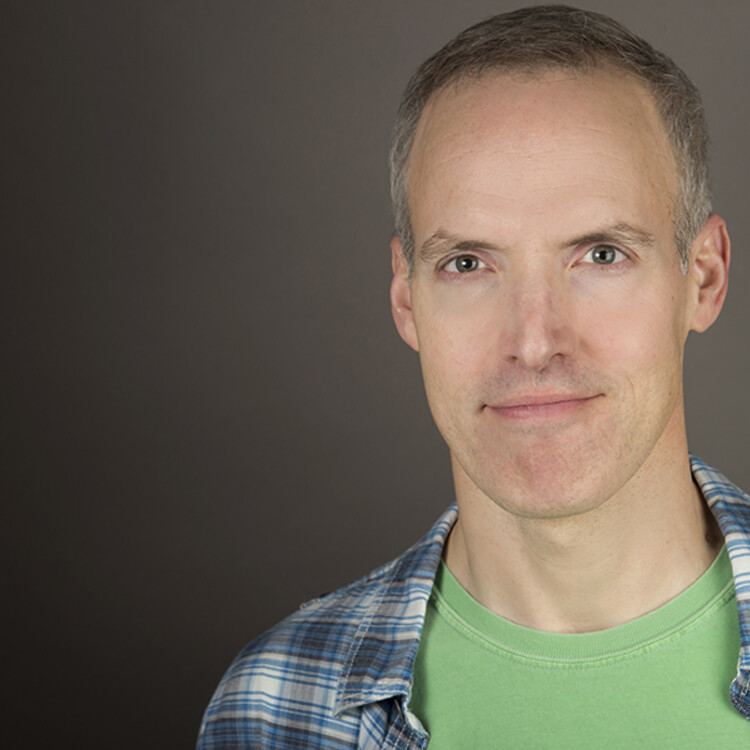
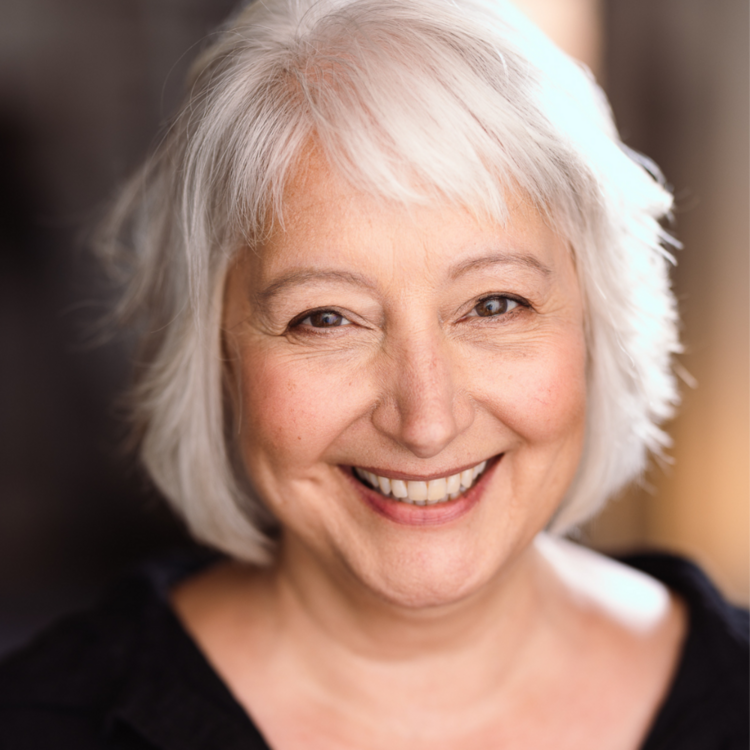
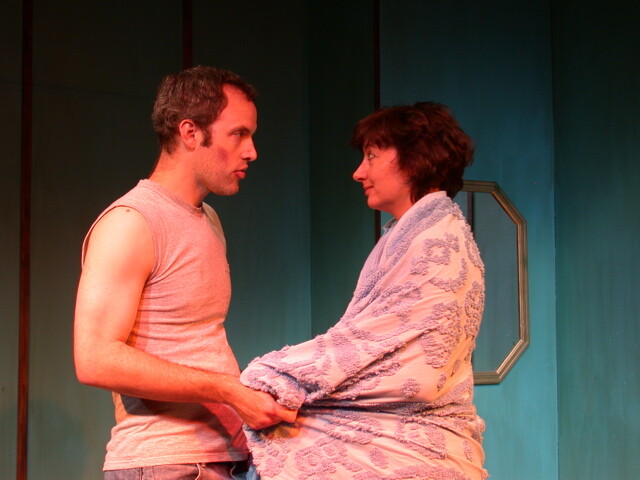
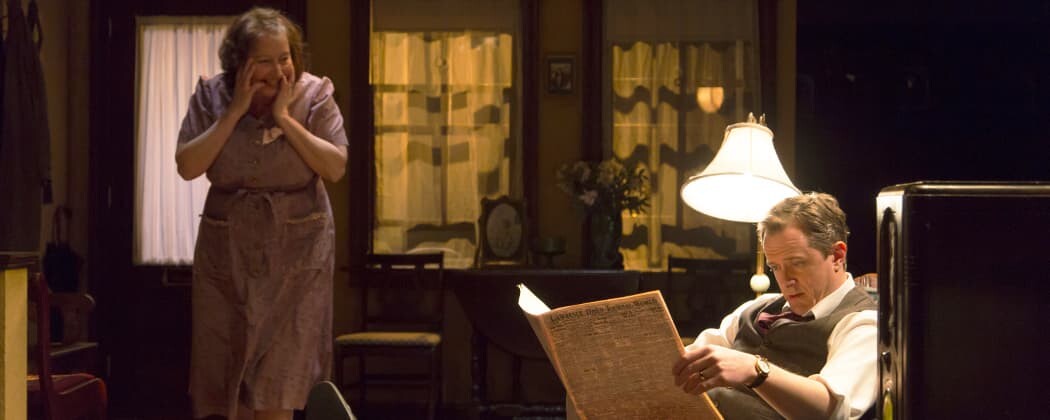
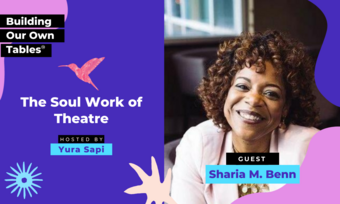


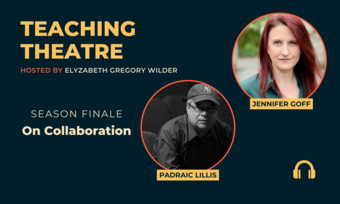



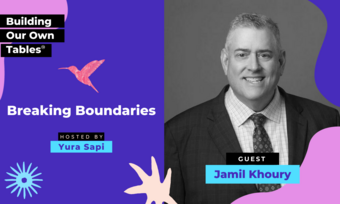

Comments
The article is just the start of the conversation—we want to know what you think about this subject, too! HowlRound is a space for knowledge-sharing, and we welcome spirited, thoughtful, and on-topic dialogue. Find our full comments policy here
What wonderful storytelling! Thank you for sharing these stories and tactics with us.
Thank you, Kitty, for your complimentary feedback! An update to my discussion with Adrianne over the summer -- I've been employing many of the her techniques to great success in my first semester teaching beginning actors. Her advice on creating clear boundaries around your personal life, for example, have kept me sane at home and allowed me to be fully present in the classroom.